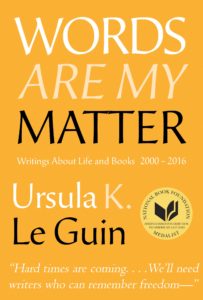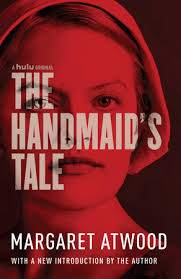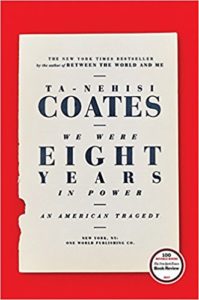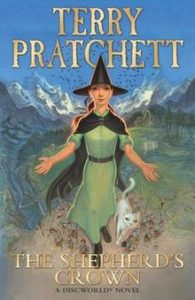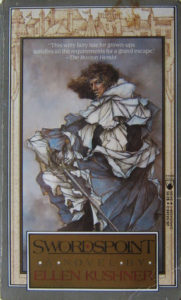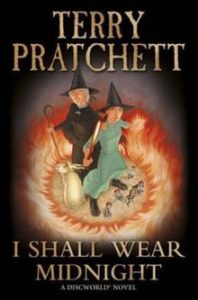Here is Ursula K. Le Guin on life in pre-Roe America:
My friends at NARAL asked me to tell you what it was like before Roe vs. Wade. They asked me to tell you what it was like to be twenty and pregnant in 1950 and when you tell your boyfriend you’re pregnant, he tells you about a friend of his in the army whose girl told him she was pregnant, so he got all his buddies to come and say, “We all fucked her, so who knows who the father is?” And he laughs at the good joke.
They asked me to tell you what it was like to be a pregnant girl — we weren’t women then — a pregnant college girl who, if her college found out she was pregnant, would expel her, there and then, without plea or recourse. What it was like, if you were planning to go to graduate school and get a degree and earn a living so you could support yourself and do the work you loved — what it was like to be a senior at Radcliffe and pregnant and if you bore this child, this child which the law demanded you bear and would then call “unlawful,” “illegitimate,” this child whose father denied it, this child which would take from you your capacity to support yourself and do the work you knew it was your gift and your responsibility to do: What was it like? (p. 7)
Here is Ursula K. Le Guin on writing and business:
Right now [November 2014], we need writers who know the difference between production of a market commodity and the practice of an art. Developing written material to suit sales strategies in order to maximise corporate profit and advertising revenue is not the same as responsible book publishing or authorship.
Yet I see sales departments given control over editorial. I see my own publishers, in a silly panic of ignorance and greed, charging public libraries for an e-book six or seven times more than they charge customers. We just saw a profiteer try to punish a publisher for disobedience, and writers threatened by corporate fatwa. And I see a lot of us, the producers, who write the books and make the books, accepting this — letting commodity profiteers sell us like deodorant, and tell us what to publish, what to write.
Books aren’t just commodities; the profit motive is often in conflict with the aims of art. We live in capitalism, its power seems inescapable — but then, so did the divine right of kings. Any human power can be resisted and changed by human beings. Resistance and change often begin in art. Very often in our art, the art of words. (pp. 113–14)
Not every essay in Words Are My Matter is as trenchant (nor, to be honest, is every one as good), but the whole is greater than the sum of its parts, and many of the parts are very good indeed. Le Guin divides the book into three sections. The first, from which the two excerpts above are drawn, is “Talks, Essays, and Occasional Pieces.” Many of them were written on commission, or for a specific event, but one of the best, “Living in a Work of Art,” was written to discover what she thought about a particular subject: her childhood home, which was built by Bernard Maybeck, a well-known architect of the first half of the 20th century. Discussing that essay in her introduction to the book, she discloses one thing she thinks about writing well. “When I can use prose as I do in writing stories as a direct means or form of thinking, not as a way of saying something I know or believe, not as a vehicle for a message, but as an exploration, a voyage of discovery resulting in something I dind’t know before I wrote it, then I feel that I am using it properly.” (p. iii)

